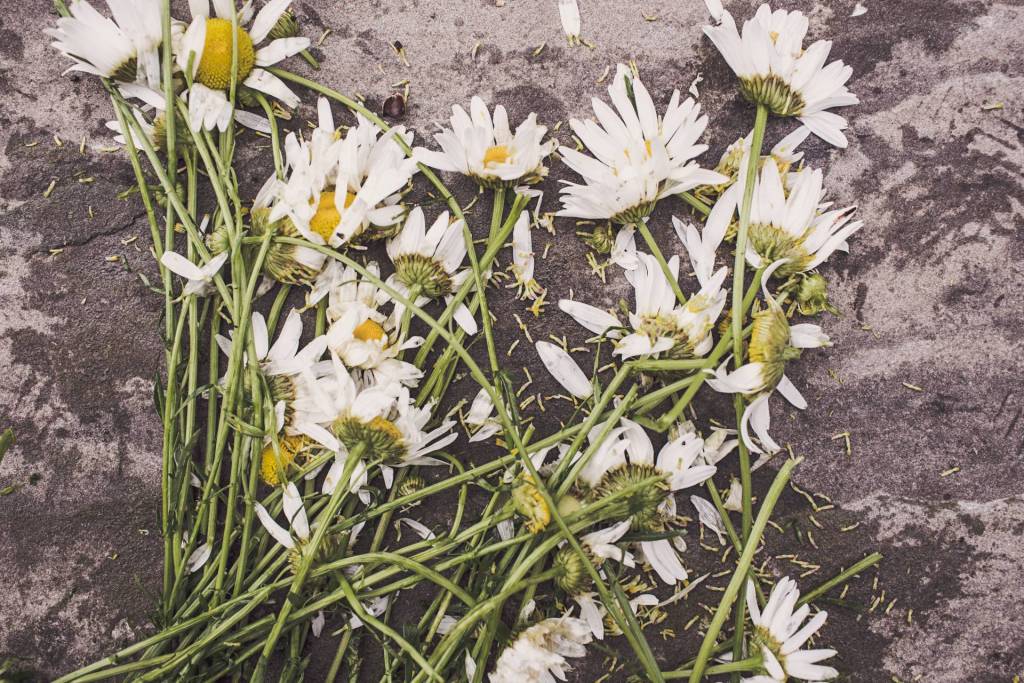
The loss of a loved one is powerful and can lead many to struggle with how to cope. Add other issues to this equation, and today’s high-risk individuals may be having a tougher time handling the ongoing COVID-19 pandemic.
From survivors of suicide loss to those touched by death and loss in other ways, the need to shelter-in-place has made it more difficult to get much-needed support for everyone, including high-risk individuals. These high-risk individuals are those with a family history of addiction, suicide, and depression, which puts them at risk during this period of isolation.
Navigating Tough Times
Today, our Facebook Live discussion included Dr. William Feigelman and social worker Beverly Feigelman who have been touched by the loss of their son to suicide and who help others learn how to cope with such a loss. They are the co-authors of “Devastating Losses: How Parents Cope with the Death of a Child to Suicide or Drugs.”
Both joined us from their home in the Jamaica area of Queens in New York, which has the highest number of cases in the country and where there has been extreme loss.
They have had to change how they provide support to others by leveraging technology like Zoom. From Zoom, they now hold their local monthly support groups and also provide therapy through one-on-one sessions. It has been productive, but they like all of us still miss the in-person interaction, energy, and support that comes from physical contact.
Mixed Responses
However, it is through these sessions that both have discovered insights and an understanding of how all types of people who are suffering from loss view this situation. Many have exhibited the well-known stages of grief, such as denial, anger, bargaining, sadness and acceptance. These stages have not been linear and have not affected everyone in the same way.
Instead, there are mixed responses from those who are survivors of a loved one’s suicide. Some say that they have already gone through the worst thing in their life, so COVID-19 is nothing compared to that loss of a loved one. Others have relied on their faith, noting that God got them through the loss of a loved one so God will do the same with COVID-19.
Others have struggled in different ways. For example, it could be that sheltering in place where the loved ones had taken their life can create trauma. No one wants to feel trapped in such a place where they feel like they have to relive that experience. Still others have traveled to the cemetery to pay respects to their loved ones only to see the rows of freshly dug graves, which serve as reminders to the enormity of COVID-19’s impact on humanity. All of it can seem like too much to handle.
Peer Support
These examples and the pain of trying to deal with this pandemic in isolation can lead to more grief. That’s why peer support is so critical during the time, helping others through some sense of connection and closeness despite the physical gap. It may never feel as good being on a Zoom call than hugging in-person, but it is what is available right now and can offer help during this time.
This is also an ideal time for all of us to slow down and be more open to reaching out to others. We can all minimize the isolation and loneliness by communicating more even if it means seeking out those that seem the most risk and helping them connect and cope.
Let’s be the help or get that help necessary by being open to hope.
Watch the Facebook Live discussion below.
Support for High Risk Individuals during Covid-19 with William and Beverly Feigelman
Support for High Risk Individuals during Covid-19
Posted by Open to Hope Foundation on Monday, April 20, 2020
Tags: coping strategies for high-risk individuals, dealing with loss during COVID-19, high-risk individuals
